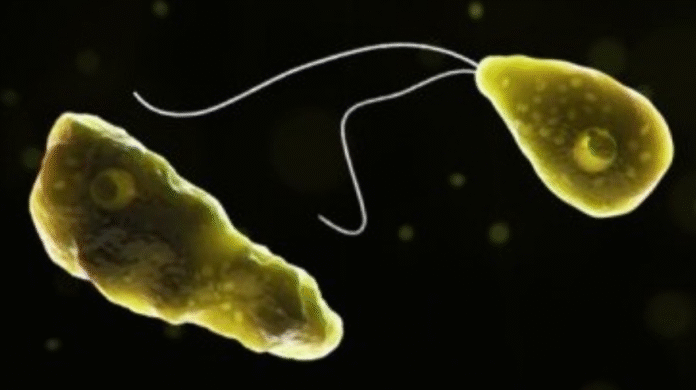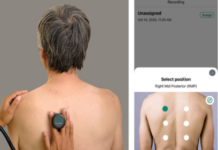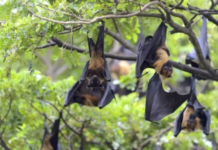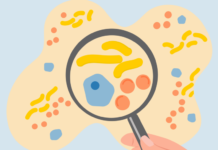NEW DELHI– Nineteen people in Kerala, including children as young as three, have died from infections caused by a brain-eating amoeba, prompting health experts to urge caution when swimming in lakes, rivers, and other freshwater bodies.
The illness, amoebic meningoencephalitis, is a rare but often fatal central nervous system infection caused by Naegleria fowleri, a free-living amoeba found in warm freshwater. Kerala has so far reported 61 confirmed cases, with patients ranging in age from a three-month-old infant to a 91-year-old.
“This is a very rare disease and extremely difficult to diagnose. It falls under Acute Encephalitis Syndrome (AES), for which there are no dedicated diagnostic techniques used worldwide,” said Dr. T.S. Anish, professor and nodal officer at the Kerala One Health Centre for Nipah Research and Resilience in Kozhikode Medical College.
According to Anish, Kerala’s recent investment in AES detection systems, spurred by previous Nipah outbreaks, has improved early identification of amoebic meningitis. He also pointed to climate change as a factor behind rising cases. “Thermophilic organisms will definitely grow when the temperature of water bodies increases. And there are pollution issues in our water bodies,” he said.
Despite the global fatality rate of 97–98 percent for amoebic meningitis, Kerala’s mortality rate has been closer to 20 percent, which doctors attribute to early detection and intervention.
Neurologist Dr. Anshu Rohatgi of a leading Delhi hospital explained that the amoeba typically enters the body through the nasal passages. “Naegleria fowleri enters through the nasal spaces and goes into the brain, causing amoebic meningoencephalitis,” he said. Rohatgi added that if untreated, the infection is almost always fatal, but it can be cured if diagnosed early through cerebrospinal fluid (CSF) testing via lumbar puncture.
Experts emphasized that the infection is not contagious, nor is it caused by swallowing contaminated water. Instead, they urged people to avoid swimming in untreated ponds or rivers, and to refrain from rinsing nasal passages with unboiled or untreated water.
Anish noted that the condition may be underdiagnosed in India, citing a Postgraduate Institute of Medical Education and Research (PGIMER) study that found free-living amoebae in 11 out of 156 suspected encephalitis cases between 2014 and 2022. People with prior brain or skull surgeries, or conditions such as cerebrospinal fluid leakage, may also face higher risks.
Doctors say vigilance and early diagnosis are critical in reducing fatalities. “In Kerala, because there is a high index of suspicion, more and more cases are being diagnosed early,” Rohatgi said. (Source: IANS)














